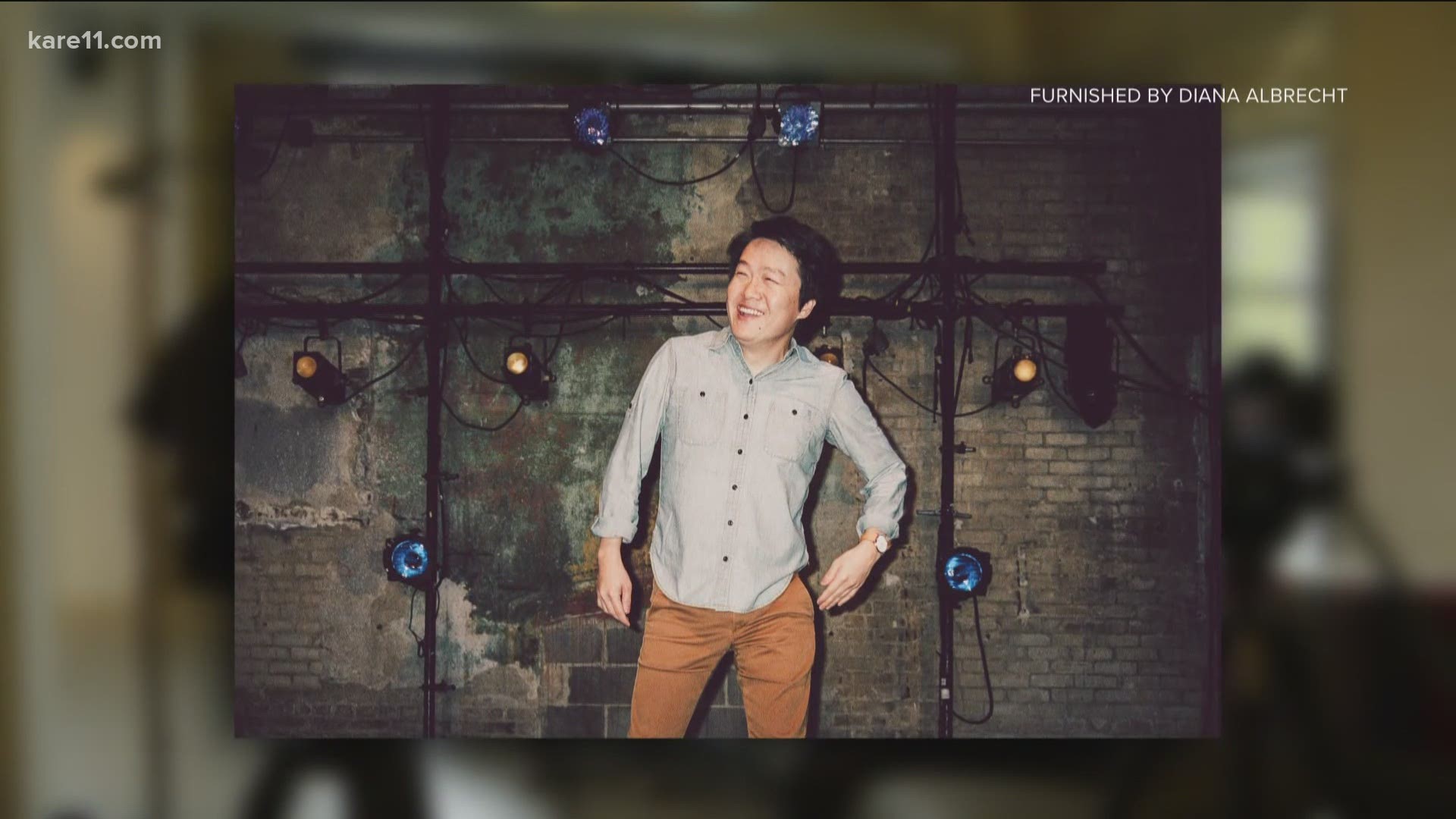MINNEAPOLIS — In a world where many Asian Americans have been paralyzed by fear and anxiety, "PLACED," couldn't have come at a better time.
"Very early on, I decided this was for the adoptee community-- in my mind specifically Korean adoptees," Creator Diana Albrecht said.
September of 2020, Minneapolis based photographer Diana Albrecht, created and published "PLACED." In it, portraits and profiles of 11 Korean Adoptees are displayed.
"I realized that I was trying to use my privilege and my skills and abilities to uplift so many other people, but I haven't done anything related to my identity or even Asian people," Albrecht said. "And I was like why is this-- at that time, I think I didn't identify as a person of color, and that Asian people didn't need any uplifting."
Albrecht explained that the model minority myth that has been used to describe Asian people and their experiences is one of many ways racism presents itself.
"It's something I still internalize," Albrecht said. "It's a way for white supremacy to say that Asian people are up here, BIPOC, Latinx folks are down here, because we are people of color, we are successful, obedient, quote unquote good things. That we are the standard, and we have reached levels of success that all the other BIPOC folks can't reach."
But some of that changed, when attacks against Asian Americans were becoming increasingly prevalent, and violent.
Eric Sharp, a Minneapolis actor and writer, who is also featured in Albrecht's book says the mass shooting in Atlanta was painful and shocking-- just as much as the other incidents had been.
"Before Atlanta, I felt crushed to know that someone could punch an 80-year- old woman in the face," Sharp said. "Crushed to know that a child could be stabbed in the middle of a Walmart. Those things were already dehumanizing enough to think how little people think of Asian people in this country, and then when Atlanta happened it was this tipping point."
And though not all Asian experiences are the same, and not all Asian or Korean adoptee experiences are a monolith, there's been a question.
"What does it take to stop being invisible in this culture?" Sharp said. "What does it take to say we have hair, skin and eyes that looks like ours, but we can still be American?"
"PLACED" perhaps showcases 11 different answers to that very question.
Something that Albrecht-- as a storyteller gladly provides-- for all to read and learn.
"After the project launched, it was for-- any transracial, transnational adopted person, or even a lot of Asian Americans who weren't adopted were resonating towards this," Albrecht said. "Which I think, it's just really humbling how this body of work has resonated with so many people under the same kind of umbrella."
You can order your copy of PLACED here.

